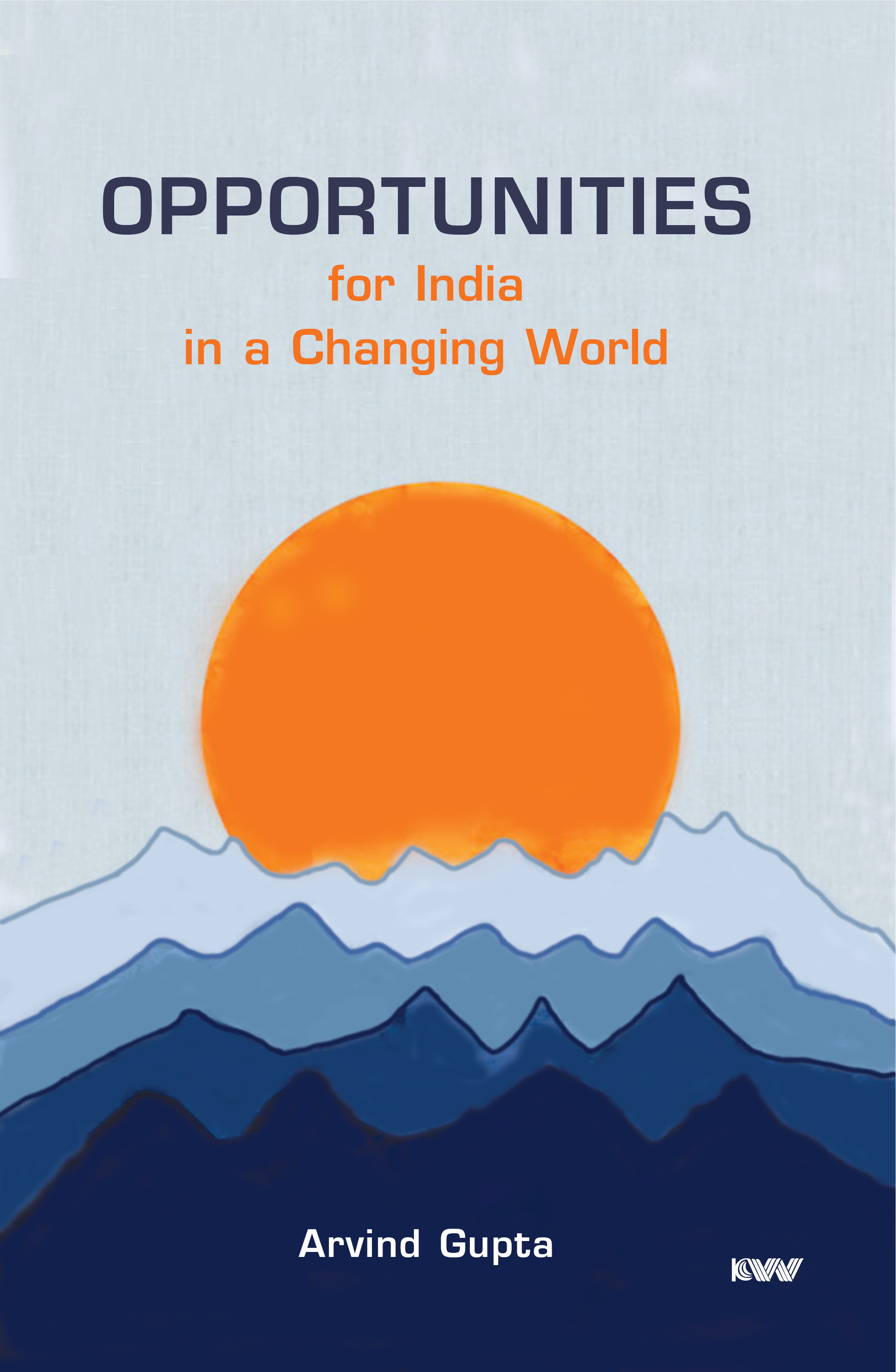Subjects
Recent View(s)
Opportunities for India in a Changing World
Dr Arvind Gupta
We are living in an era of extraordinarily fast paced change. The Covid-19 pandemic has turned the world upside down and deepened political, economic and social uncertainties.
The post-World War order set up in 1945 by the Western countries is under tremendous strain. The contour of the new order is not yet clear. With the rise of China, the seeming retreat of the US from Eurasia, the deepening schism between Russia and the West, growing closeness of Russia and China, the Cold War rivalries are back. A new balance of power is beginning to shape up.
The world is also witnessing a host of other destabilising trends: climate change and extreme weather events, terrorism and radicalisation, pandemics, migrations, demography, to name a few. They are testing the resilience of even the most powerful countries.
India should be prepared to deal with a highly challenging security environment that will become even more complex in future. It should lookout for opportunities in a world that is being reformatted.
A long-enduring civilisation, India has weathered the storms of disruption on numerous occasions and will be able to do so again provided it understands the nature of change and undertakes reforms to be prepared for a new, uncertain world. The concept of self-reliance or Atmanirbhar Bharat, propounded by Prime Minister Narendra Modi, which builds on India’s inherent strengths, provides a framework to deal with an uncertain world.
This book is an attempt to understand the changes in the world order, the contradictions of globalisation, the thought processes of the US, Europe, Russia, China, Japan and India; the impact of technology on lives; the connection between religion and violence, the foreign policy of India and the way India can move ahead.


 Political Science
Political Science
